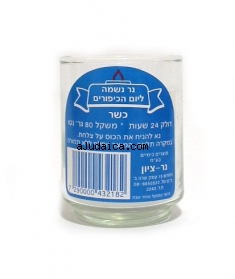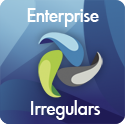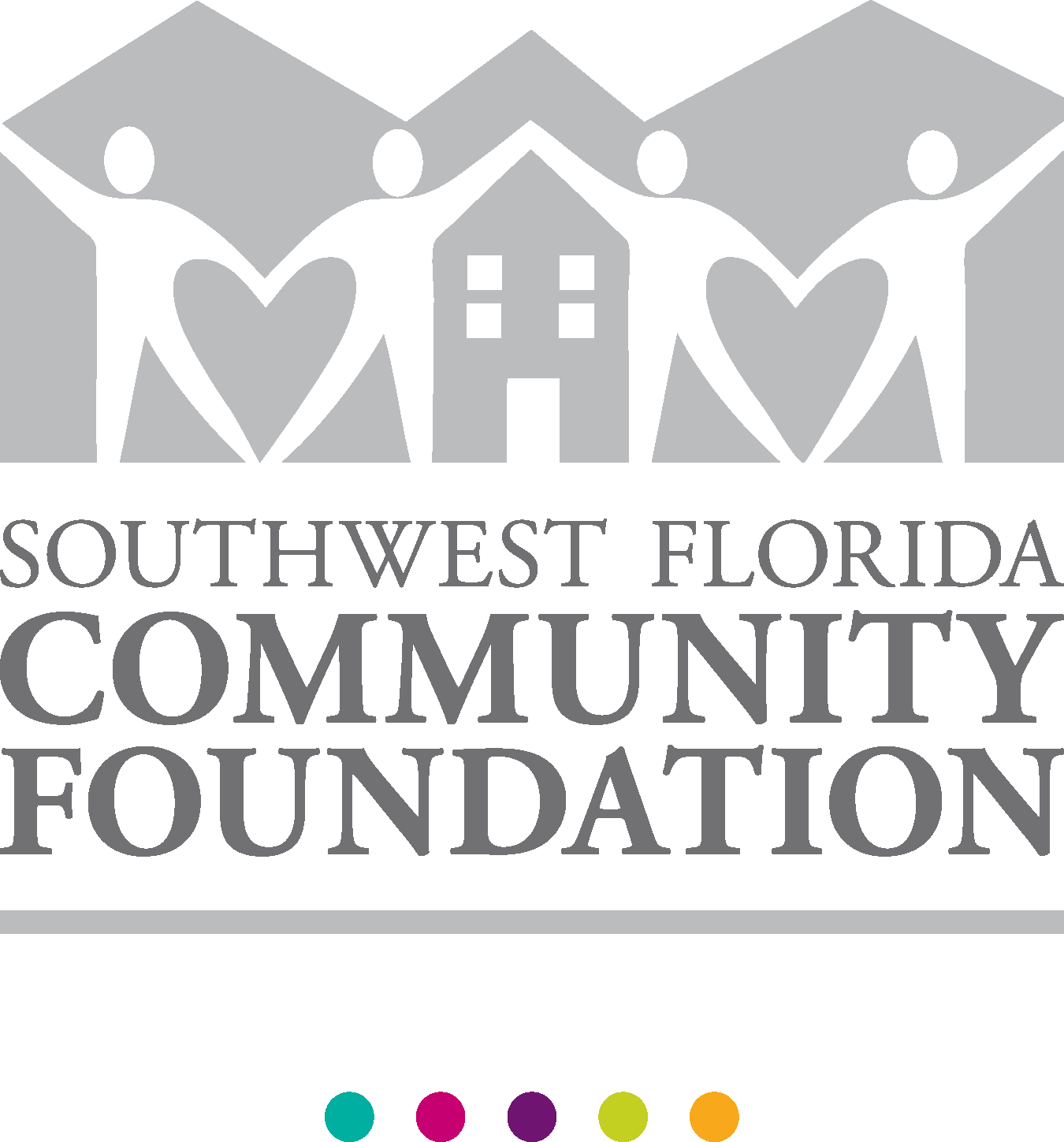[When I wrote the original version of this post for Father’s Day 2010, I never planned to update and then reprise this post annually. But as each Father’s Day approaches, my sense of loss increases. With no family members of my father’s generation still living, my own sense of mortality grows.
I so wish my Dad were still here to share with me and my sister the laughter and tears of everyday living. And, now that I can afford to do it, with my time and not just money, I would so love to spend more time with him, hearing the stories of his childhood as well as of mine.
Ron and I have large paintings of our two fathers above an archway in our home built for this purpose, and they are very much with us in spirit. They lived at opposite ends of the country, could not have come from more different backgrounds, and they only met a couple of times. But I know that they are very happy playing pinochel together wherever they may be now. ]
My father, Jack Samuel Bloom, was in many respects quite an ordinary man. Being a father wasn’t his thing, but he became a terrific friend once I was old enough to hold up my side of that friendship. Of far greater value than any assets (f he had had them) that he might have left me, from Dad I inherited:
- his ability to tell a good story, to make a point while making you laugh;
- his commitment to active friendship, the kind of friendship that does what you need done even when you don’t know you need it;
- his intellectual curiosity, the kind that had him reading the entire World Book Encyclopedia from A to Z;
- his belief that any day on which you wake up is already a good day, that the gift of life is too precious to waste; and
- his habits of meticulous book-keeping, calendar-keeping, and commitment-keeping.
From my Dad I also inherited his love of reading and the sheer joy of opening a new book. Later I discovered that for me, being rich meant being able to buy any book I wanted to read and never having to browse in second-hand bookshops unless I was looking for treasure. Jewish families like ours, in the early 50′s, bought their children a copy of the World Book Encyclopedia, one volume at a time on a payment plan that they could scarcely afford, so that their children would be better educated than they were. I remember my Dad reading that encyclopedia from Aardvark to Zebra, even the boring bits (and there were many such), and perhaps that’s where I also learned that reading some books was about more than having the pleasure of meeting their words.
My Dad taught me to swim almost before I could walk by carrying me on his back as he swam from the gentle shores of White Sands Beach, in Old Lyme, Connecticut to the floating raft in the waters of Long Island Sound. I’ve loved swimming and being in and around the water ever since. I have no fear of the ocean’s waves and can still feel his support whenever I’m over my head. But I can also remember his advice when it came to swimming in open, choppy water: “keep your mouth closed.” Words to live by in many of life’s “choppy water” situations.
We buried my Dad on my 50th birthday. He spent just a few days in hospital, having not been ill before his unexpected collapse just as I was about to deliver a presentation at the 1995 SAPPHIRE conference in Phoenix. To my Dad’s funeral came many hundreds of people we didn’t know whom he had helped, quietly, without ever being asked. In his retirement, he had “adopted” older members of our synagogue who needed rides to doctors’ appointments, help paying their bills, or just an hour’s companionship. Without the financial means of major philanthopy, he found the means for active philanthropy, through the gift of his own time and caring. By the example of his life, I learned the true meaning of tikkun olam (literally “fix the world,” but interpreted in my family to mean that we must leave the world a better place than we have found it) and tzedakah (literally philanthropy/charity but interpreted in my family to mean that we must share our time and resources with others). Taken together, and they really are two sides of the same coin, tikkun olam and tzedakah were the foundations of my Dad’s quiet and quite ordinary but principled life, and I’ve done my best to live those same values.
By the time I launched my own business in 1987, the cost of long distance calls, so daunting when I first left home in ’63, were much more affordable, and I called him most days in the late afternoon even when I was onsite with clients (which was most of the time in those early days). Those calls always started with:
- Dad: How’s business?
- Naomi: Business is great.
- Dad: Are your clients paying their bills on time?
- Naomi: Yes, they sure are.
- Dad: Are their checks clearing the bank?
- Naomi: Absolutely.
When you know that those early clients were firms like Bank of America, Hewlett Packard and International Paper, something my Dad certainly knew, this ritual opening to our calls goes from being merely odd to very odd, unless you also know that being a small retailer all his life shaped forever my Dad’s view of Accounts Receivable. In the family business, Bloom’s Photo Supply, there were no angel/seed/VC/PE investors, no generous lines of credit, and no one to fall back upon if cash flow was mismanaged, so careful attention was paid to the creditworthiness of every customer. And in those days before credit cards became ubiquitous, when retail payments were either cash or personal check and commercial payments were almost always by company check, knowing if the customer’s check had cleared the bank was the critical step in cash management.
From there we’d go on to the events of his day and mine, and to what was happening across the Bloom family, in the larger Jewish community in which I grew up, and around the world. I don’t remember my Dad ever calling me — long distance calls were for emergencies only among his generation — but I know he loved my calls because he reported on them to the group of men with whom he ate breakfast early every morning at a local deli. And I loved those calls too because, for a few minutes, the stresses of my being a grownup were relinquished to my Dad’s always calm voice.
I’ve always said yahrzeit for my Dad at the appropriate times in our Jewish calendar, and I think of him every day, but I miss him especially on Father’s Day. If you’re lucky enough to still have your Dad, don’t wait for Father’s Day to call him. And if you are a Dad, the gift of your time, of your self, of living your principles so that they become a part of your children’s inheritance is so much more important than anything you could ever buy them now or any money you could leave them. Now back to that meticulous book-keeping, calendar-keeping and commitment-keeping that are a major part of my inheritance.







Leave a Reply
You must be logged in to post a comment.